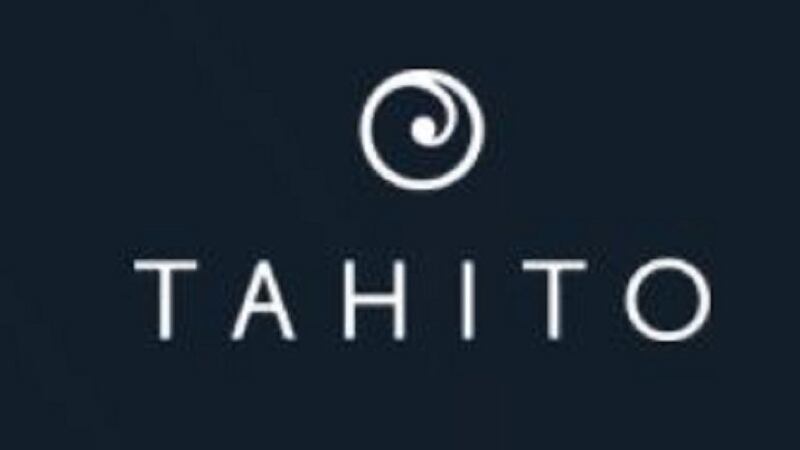The co-founder of Māori investment fund Tahito Te Tai o Rehua, Temuera Hall, says recognition by Mindful Money as an ethical and responsible fund is a big step for it.
Tahito was launched in 2019 and is competing against many other funds with its point of difference being steeped in te ao Māori.
"It's a big stake in the ground when we say 'look, we're putting the environment and people first'. That's the indigenous point of difference."
Responsible and ethical investing has taken a huge leap forward with a new wave of innovative funds now available to New Zealand investors.
Tahito is one of 17 investment funds added to Mindful Money’s ‘Mindful Funds’ category, which lists funds that meet its high standard for ethical investments.
Hall says the emphasis on ethical and sustainable investing has changed in recent years to reflect more than simply financial returns. He adds that not only are investors looking for companies and funds that avoid harm to the environment and people but those that actually strive to do good as well.
"That opens up the ability for us to bring an indigenous worldview. The world is looking for a behaviour change, it's looking for a different worldview because the current one is exploitative and we're seeing the result of it.
"How do you switch to a view where you put the environment before people, and people before profit, and the collective before the individual? That's my basic explanation of a Māori worldview before we go into whakapapa and where that all comes from."
Tahito Te Tai ō Rehua is listed on both New Zealand and Australian stock exchanges. Its website says the fund selects listed companies based on indigenous Māori values. Tahito has developed a unique method of measuring companies using “Māori ancestral knowledge” and applies that to measure relational behaviours (whanaungatanga) and connectivity (aroha), which it believes is how a business improves its mauri (wellbeing).
Hall says that measure sets a high bar for Tahitoto considering where to invest, with the use of ancestral knowledge as the key metric.
"We have to represent that to the best of our ability because there isn't an auditor that will audit how we apply our cultural values and that we're maintaining its integrity.
"Our mandate in our fund we'll get 20-30 companies but, if we had to lift that to 50 we would struggle, and that's across Australiasia."
Between the ASX and the NZX, Hall says that allows 400 companies to invest in. But once Tahito applies its measurement tool, that number is reduced to around 70. Only then is a financial analysis of potential companies undertaken. Hall believes that is a point of difference from other funds, and reiterates the environment before people before profit value.
"They have to pass all the non-financial measures first before we then assess them for their financial valuation, where most people don't have that strength of conviction."
That sees Tahito refusing to invest in some business sectors.
"Anything that pokes a hole in Ranginui and rips into Papatūānuku we're going to struggle with that. That's your mining sectors and fossil fuels. We are 100 per cent fossil-fuel-free, hence we got that Mindful Money fossil-fuel-free badge and we cut out weapons.
"We're pretty hardline on our exclusions, so if there are no women on the board, equity and diversity are big issues for us."
Mindful Money’s founder and chief executive Barry Coates says the Mindful Funds badge is a reliable way to identify ethical investment options and get beyond greenwashing and misleading claims. "It is an objective standard so investors can have confidence that their money is being managed according to ethical principles.”
Hall explained: “Our Tahito Te Tai o Rehua Fund starts to come into its own as investment consciousness increases and investors request more transparency and accountability on where and how their funds are invested.”
“We have set a high sustainable and ethical bar premised upon our indigenous Māori values. Our challenge is to maintain and improve this standard.”

